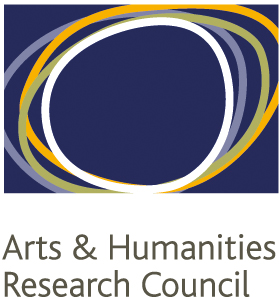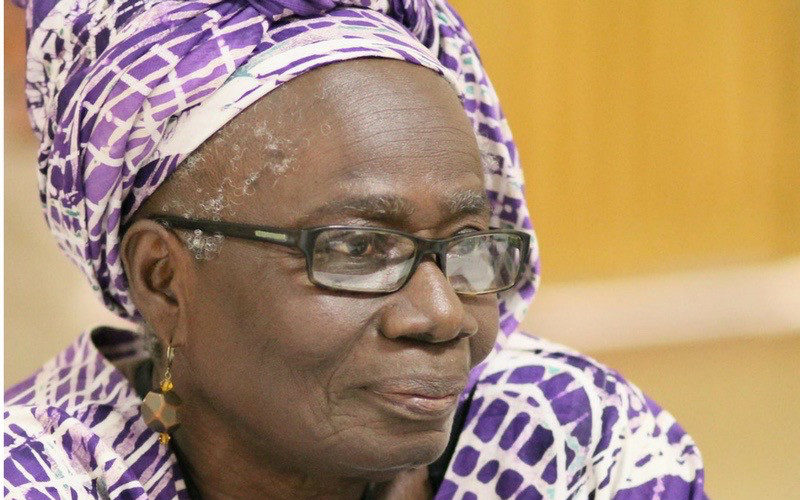Everyday Rape Cultures and Religion: A Complex Relationship?
Dr Katie Edwards in conversation with Dr Dawn Llewellyn, at 2.30pm
- Garret Theatre
Part of: Storyhouse Women
In this session, Dr Katie Edwards discusses the significant ways religion perpetuates and challenges the myths and misconceptions that lie at the heart of rape cultures: ideas of purity and sinfulness; the idealisation of women’s bodies, sexuality and sex; and the powerful taboos and silences that conceptualise gender violence as ‘inevitable’ and ‘normal’. From #MeToo, the sex abuse scandals in the Church, the rise of ‘purity’ practices, and our expectations of what it means to be a ‘good girl’, religion is a powerful influence in our contemporary world.
Dr Katie Edwards is the Director of the Sheffield Interdisciplinary Institute for Biblical Studies and Co-director of The Shiloh Project at the University of Sheffield. Katie is a frequent commentator and contributor in the national media and has written various articles for the national press. Recently, she presented the award-winning BBC Radio 4 Lent Talk The Silence of the Lamb, which reflected on her experiences of witnessing sexual abuse as a teenager.
Dr Dawn Llewellyn is Senior Lecturer in the Department of Theology and Religious Studies at the University of Chester. She researches and has published on gender and feminism in contemporary Christianity, and is currently writing a new book on women’s experiences of motherhood, voluntary childlessness, and Christianity.
This Storyhouse Women event is free to attend, for pass-holders only.
Everyday Rape Cultures and Religion: A Complex Relationship?




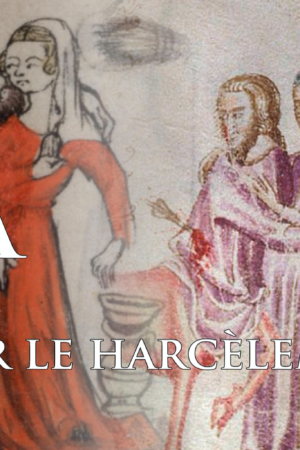

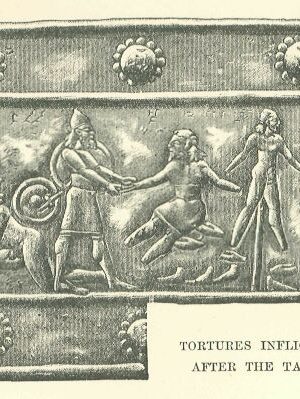





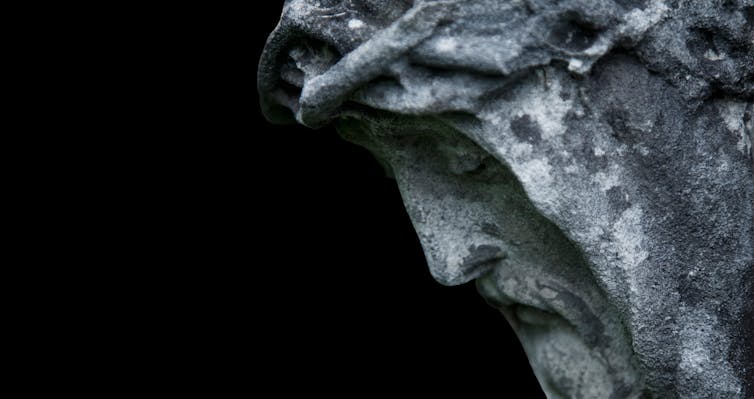 Crucifixion was a form of state terror and victims were likely to be stripped.
Crucifixion was a form of state terror and victims were likely to be stripped.

